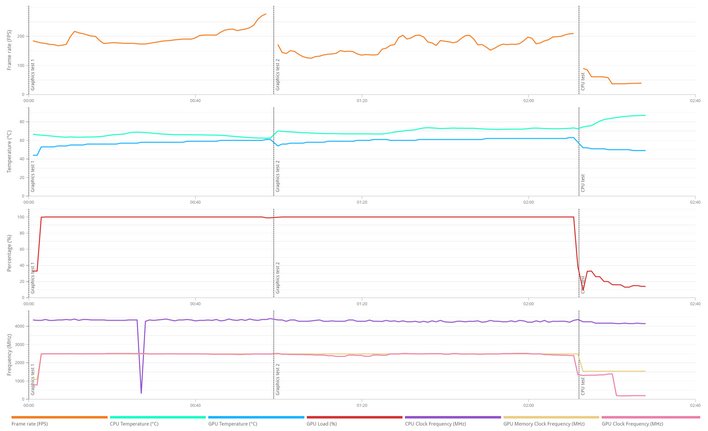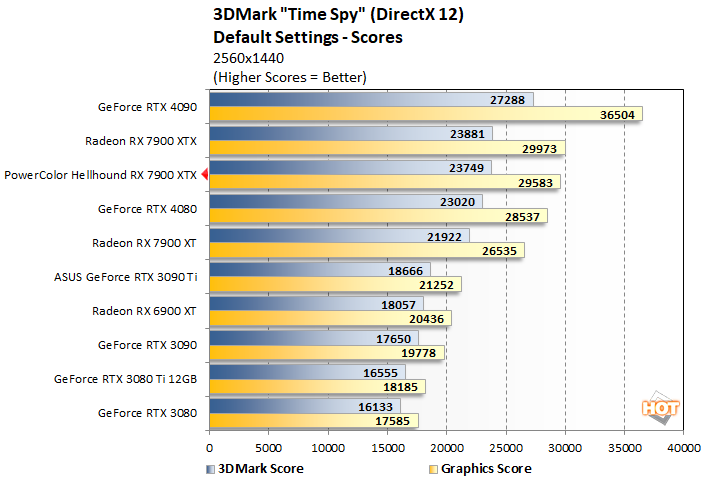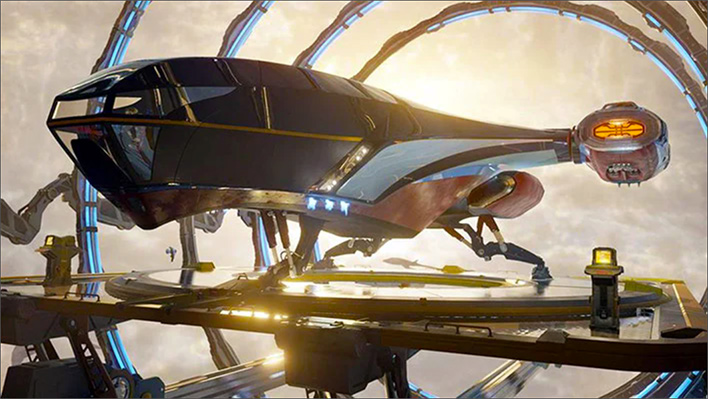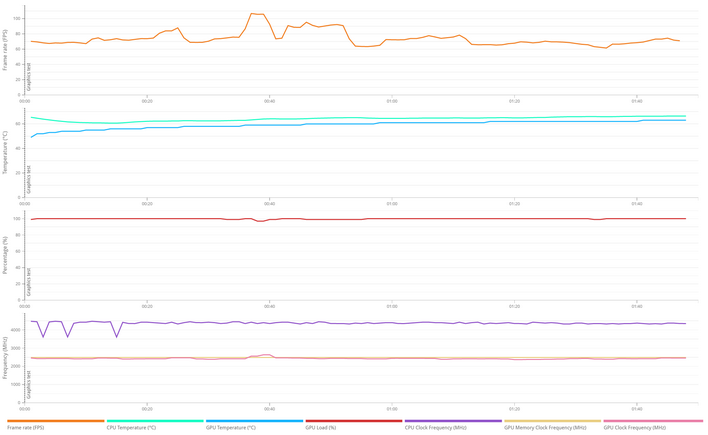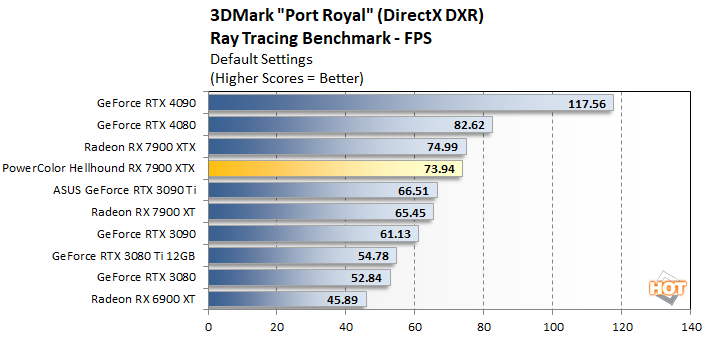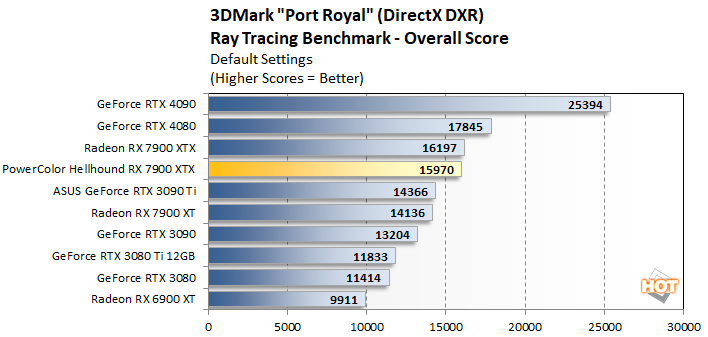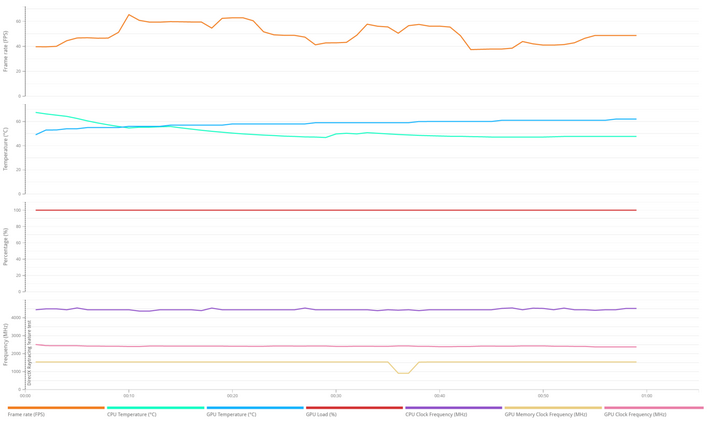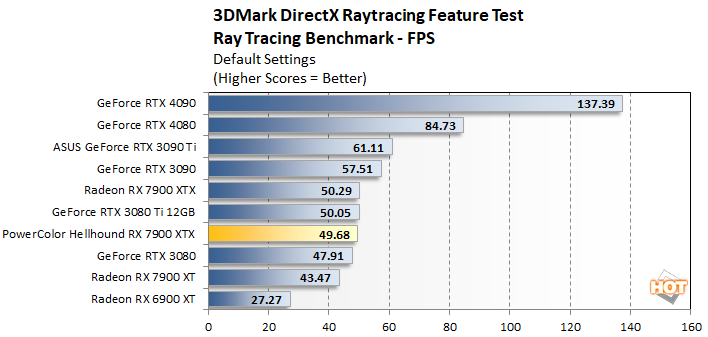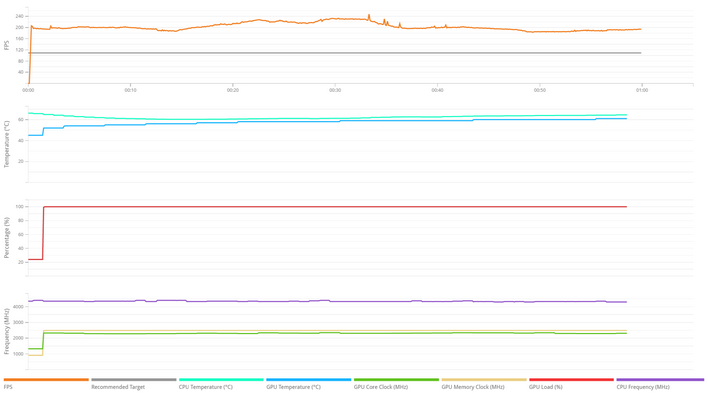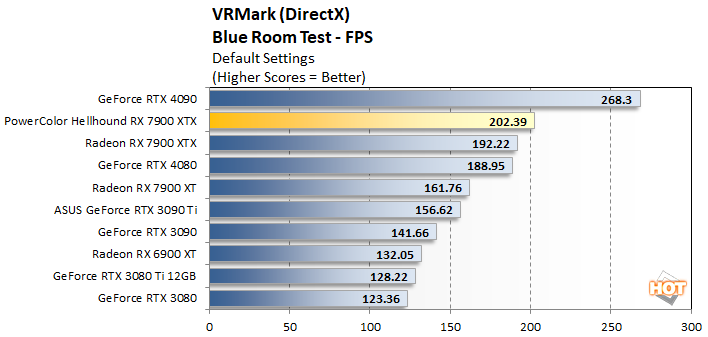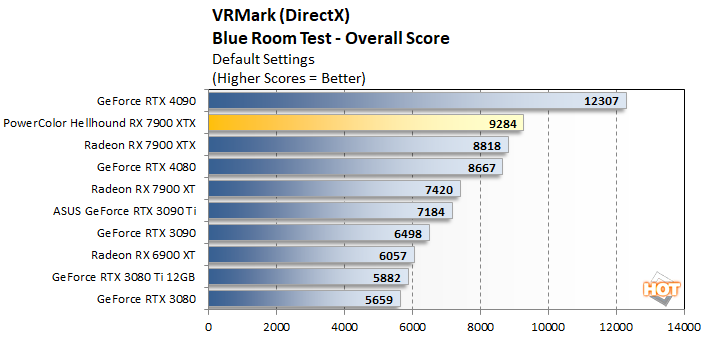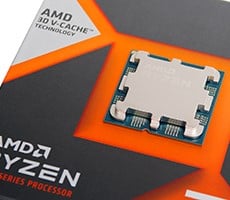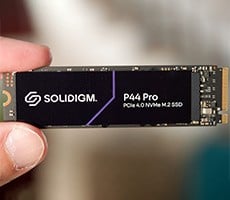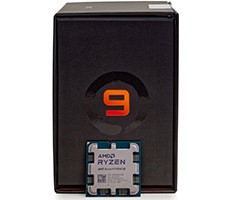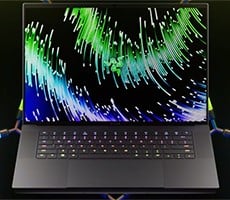PowerColor Hellhound Radeon RX 7900 XTX Spectral White Review
3DMark Time Spy is a synthetic DirectX benchmark test from UL. It features a DirectX 12 engine built from the ground up to support bleeding-edge features like asynchronous compute, explicit multi-adapter, and multi-threading. Time Spy is designed to test the DX12 performance of the latest graphics cards using a variety of techniques and varied visual sequences. This benchmark was developed with input from AMD, Intel, Microsoft, NVIDIA, and the other members of the UL Benchmark Development Program, to showcase the performance and visual potential of graphics cards driven by close-to-the-metal, low-overhead APIs.
UL 3DMark Time Spy DX12 Benchmarks
UL 3DMark Port Royal Ray Tracing Benchmarks
Port Royal was released as an update to UL’s popular 3DMark suite. It is designed to test real-time ray tracing performance of graphics cards that support Microsoft DirectX Raytracing, or DXR. Although DXR is technically compatible with all DX12-class GPUs, the graphics card must have drivers that enable support for the feature.
We saw more of the same with 3DMark Port Royal, where the PowerColor Hellhound RX 7900 XTX notches a clear win over the RTX 3090 Ti, but it couldn't quite catch AMD's card.DirectX Ray Tracing (DXR) Feature Test
We also tested the cards with UL's DirectX Ray Tracing Feature test. This test is laser-focused on path-tracing performance and uses few of the card's other resources.The PowerColor Hellhound RX 7900 XTX once again trailed AMD's reference card by a small margin, which put it just behind the RTX 3080 Ti here.
Crytek Neon Noir Benchmarks
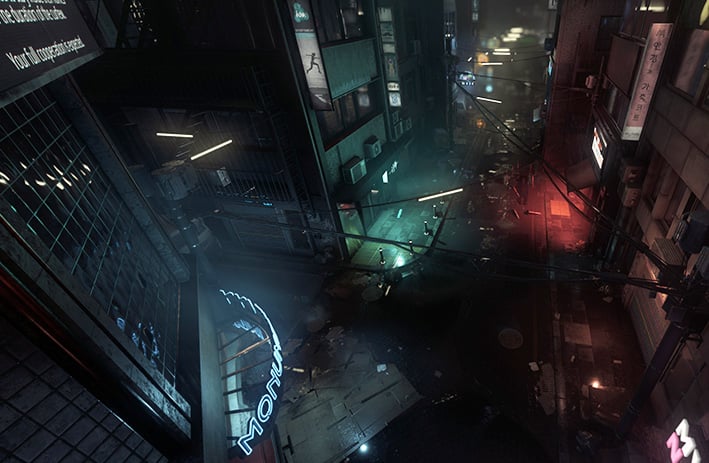
Crytek Neon Noir
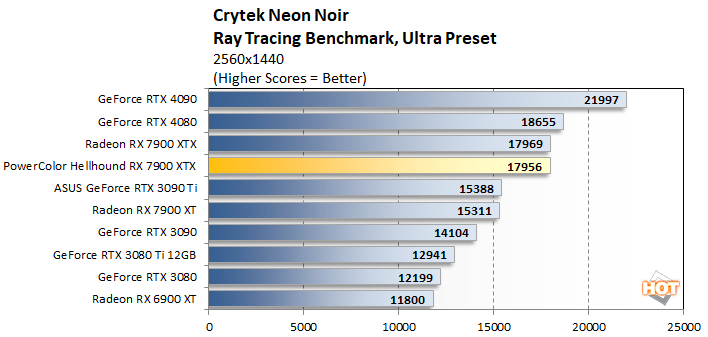
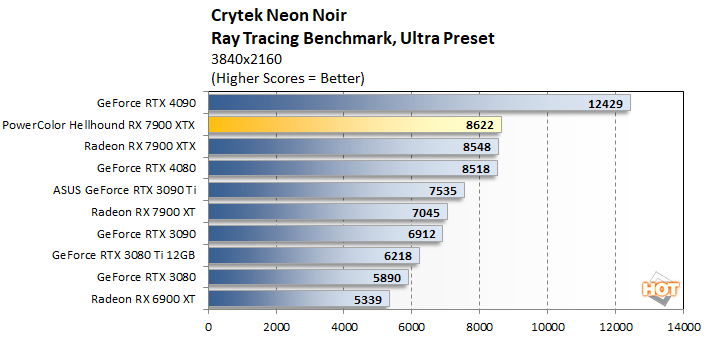
VR Benchmarks: VR Mark & Unigine Superposition
Superposition is the latest benchmark from Unigine, powered by the UNIGINE 2 Engine. It offers an array of benchmark modes, targeting gaming workloads as well as VR, with both DirectX and OpenGL code paths. There is an extreme hardware stability test built-in too. Unigine Superposition uses the developer’s unique SSRTGI (Screen-Space Ray-Traced Global Illumination) dynamic lighting technology, along with high quality textures and models, to produce some excellent visuals. We ran Superposition's VR Future benchmark to compare the performance of all of the graphics cards featured here.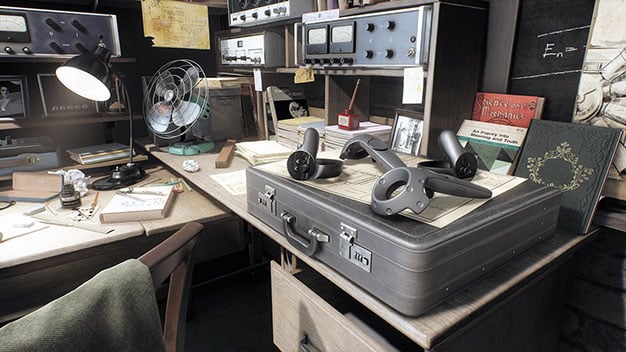
Unigine Superposition VR Future Test
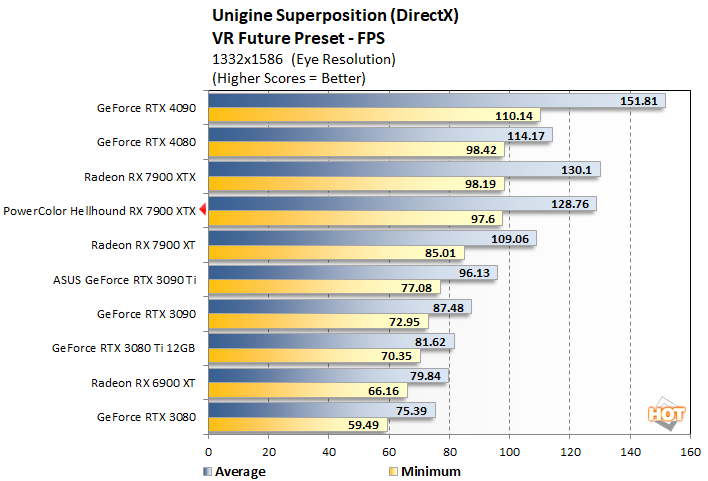

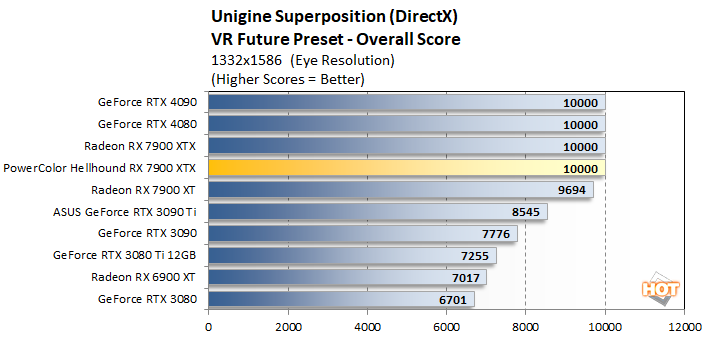
UL VR Mark Blue Room Benchmarks
UL's VRMark is designed to test a PC’s readiness for the HTC Vive and Oculus Rift virtual reality headsets. The benchmark does not, however, require that one of the headsets is attached to the PC to run and it uses an in-house graphics engine and content to ensure comparable results between different platforms. We ran the "Blue Room" VRMark test at defaults settings here, which is currently the most taxing test offered by the tool.VRMark had the PowerColor Hellhound RX 7900 XTX notching a victory over AMD's reference design, putting the Hellhound squarely in second place, behind only the much more expensive GeForce RTX 4090.

